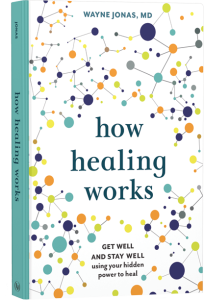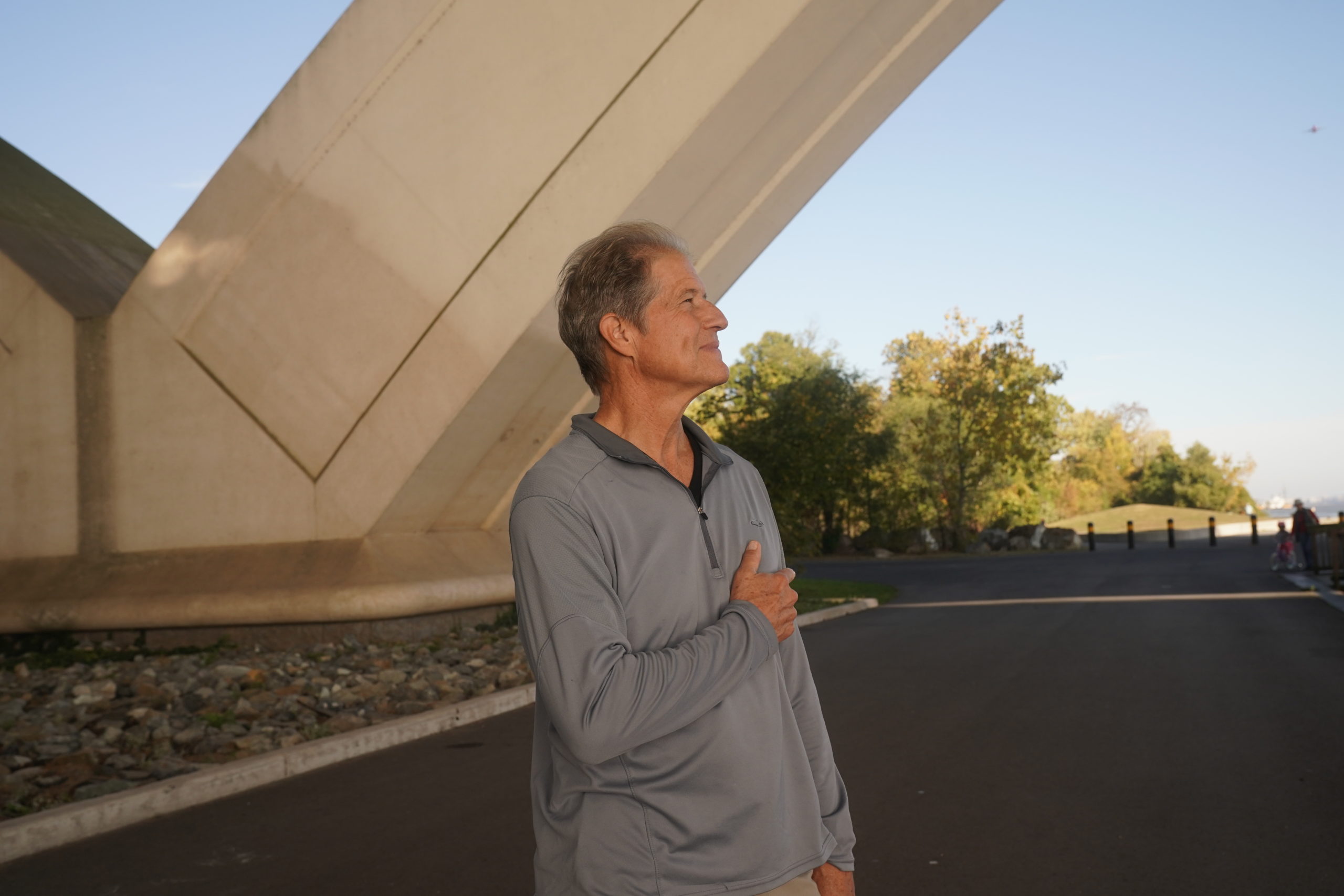It seems like the cancer team addressed everything. Cancer stage, treatment options, side effects, what to eat and where to find a support group.
Or did they?
Cancer is not just a physical illness. It affects your mind and spirit, too. “What if … why did I get this? Did I cause it?” It also brings the unwelcome guest that Ray Wadlow, MD, of the Inova Schor Cancer Center, calls “existential dread.”
The side effect no one talks about
This cancer side effect touches your spirit. You may find yourself asking, “If I don’t survive, did my life mean anything?” Some people have dreams about being on death row, facing execution. Friends, family, and health care team members may rally around, but you are the one who has a life-threatening disease.
Our new Pocket Guide to Spirituality and Cancer reveals that while you may feel alone in grappling with spiritual questions, most people with cancer do this. You’ll also learn that if you want to talk about spiritual issues with your doctor or health care team, you’re not alone. But your team may not be sure it’s OK to address these deep questions and fears. They may not want to offend you or invade your privacy. But if you ask about spiritual support, it’s likely to be readily available.
Finding spiritual cancer care
You don’t have to follow a specific faith to find spiritual support. The Spirituality and Cancer Pocket Guide describes a wide variety of helpers, organizations, and practices. Asking your oncologist, a nurse or physician assistant, or the social worker on your cancer care team can help you find resources connected to your community, cancer center, or clinic.
If you are in the hospital, ask for a visit or call from a chaplain. Chaplains are spiritual counselors who have specific training in working with people who are sick, their family members, and health care providers. If you practice a religion, you can ask for a chaplain from your own faith or someone familiar with it. Many chaplains are “interfaith,” able and willing to work with people from all backgrounds with respect and care.
If you’re already connected spiritually
You may already belong to a religious or spiritual community when you learn you have cancer. Now may be the time to lean on your community members. Many organizations have meal trains, prayer chains or circles, and supportive rituals that can help. Your faith leader may visit you in the hospital virtually or in person.
Resist the idea that you should keep up perfect religious observance when you feel sick. Even the most loving spiritual communities can pressure their members. Also understand that it’s OK to drop some commitments. You may need to step back from a volunteer position for a time to keep mind, body, and spirit in balance during treatment.
More resources and support
You may also want to check out some of our other Pocket Guides and information on how attending to your spirit’s health can support your body and mind.
- Ways to Combine Faith and Medicine
- The Healing Power of the Outdoors
- The Connection Between Faith and Healthcare

Take Your Health Into Your Own Hands Drawing on 40 years of research and patient care, Dr. Wayne Jonas explains how 80 percent of healing occurs organically and how to activate the healing process. Learn More

